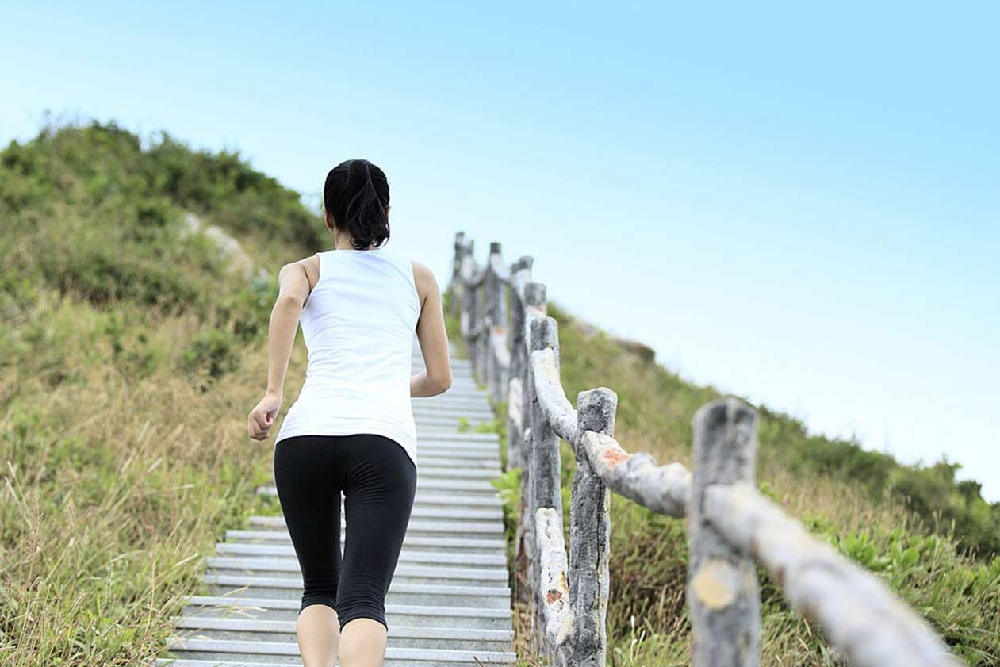
Dr. Kruba Ganesh, Orthopaedic and traumatology specialist at Bloom Healthcare, tells us that we don‘t need to wait to experience pain or discomfort before paying attention to our bone health. He talks to us about the factors that affect our bone health and how we can better attend to it.
Are you experiencing knee or back pain?
You are not alone – especially if you are one among young, working adults who is in a job that requires sitting for long periods of time. Lack of physical activity or erratic and irregular bouts of exercise is known to have prolonged effects on our skeletal and muscular strength. Furthermore, ignorance or lack of concern about our bone health means that we tend to wait for a problem to hit home before starting to pay attention.
This, however, should not be the case. So, what should we do?
Start Young
It is very important that we pay attention to our body from a young age. This will help us recover faster and have better endurance towards problems at an older stage as we grow older.
This becomes even more important as the average working-class individual’s life is one that is primarily sedentary by nature – be it sitting for long hours at a desk or commuting long distances in a vehicle from home to work and back.
Take for example, someone working in the IT industry. He / she would tend to spend a lot amount of time sitting in front of a computer, with very physical movement throughout their day. Then, they travel back their homes either by bike or car, wherein they are again in a sitting position of some sort. Consequently, their joints begin to ache due to severe physical stagnation, and they’re likely to experience chronic lower back pain due to bad posture.
Pressure Points
While knee pain is more commonly associated with arthritis – an age-related condition – it also occurs as a result of putting large amounts of pressure on our joints. This can happen by sitting cross-legged on the floor and carrying out activities while squatting – which ends up adding stress on our knees, thus causing the cartilage to wear out.
It might be surprising to hear this, as most of us are told from young that sitting cross-legged on the floor is good for us. However, that is only true if we keep our body like a well-oiled machine with sufficient and regular exercise. Putting our body through sudden bouts of such activity can cause tension in the joints.
This is also the reason why sudden bursts of physical activity – like spending hours at the gym on a random day or running a marathon with no proper training – can do more damage than good. Indulging in irregular, intense periods of physical strain can make it harder for the muscles to recuperate. As a result, many individuals experience cramps, tight muscles, and sharp pain in the calves and back.
Weighty Issues
Knee pain is often also a common symptom of obesity. It is recommended that the average BMI (Body Mass Index) remain less than 25. However, due to several factors – sedentary lifestyles, stress, improper diet and lack of sleep – a growing number of people are found on the higher end of the spectrum. All of this means growing pressure on your knees and hips, which can damage them over time
What Should I do?
Here are some tips to improve and maintain your bone health: